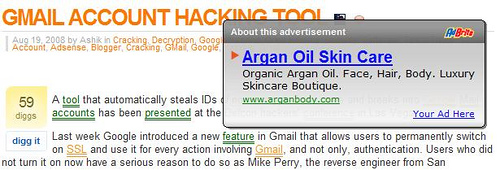 How old is your work computer? – asks the Wall Street Journal.
How old is your work computer? – asks the Wall Street Journal.
Mine is a year-and-a half old. The dual-core former screamer (obviously not the one the the pic to the right) has become an average slow machine now that quad-core is the standard, but I could not care less. I don’t need a faster, bigger computer for work, in fact not even for video-conferencing or watching movies.
In fact I (and most of us) don’t even need 1-2 year-old computers, either, now that browser is the computer.
Now, you’ve heard this a zillion times, but let me present another side: the more you use your computers, the slower they get. In fact it gets worse: you don’t even have to use your computers, they get slower by themselves.
Why, and more importantly, what’s the solution? Read the full article on CloudAve – while at it, might as well grab the feed here. 



Recent Comments